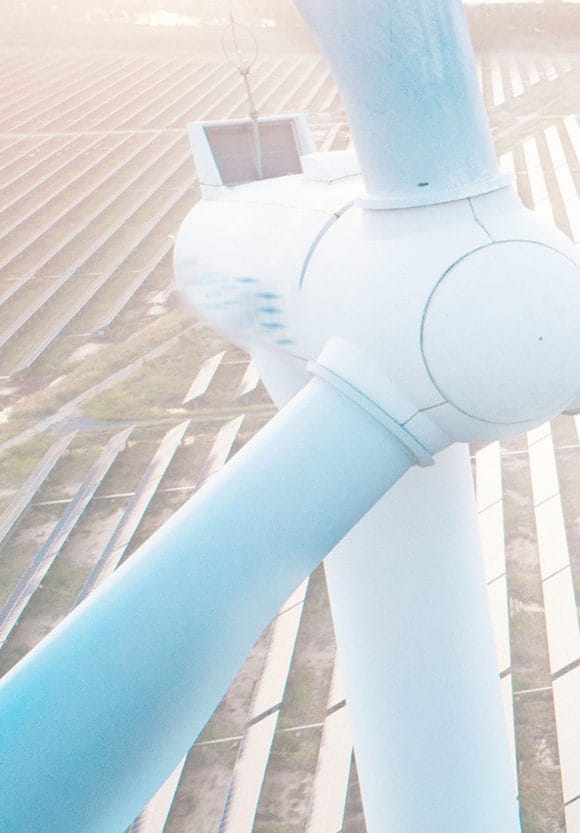Articles
Comprehensive coverage of markets across emerging economies.
Videos
Video views on emerging markets trends, themes and opportunities.
Webinars
Expert presentations and interactive Q&As on the latest trends in emerging markets.




